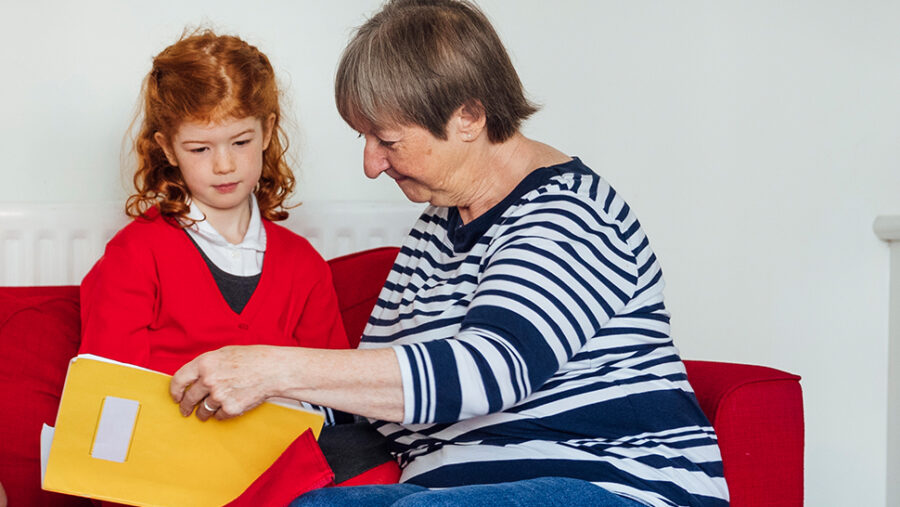

The average annual school fees for day pupils at independent schools in the UK in 2022 was over £14,000.
Multiply this by 15 (assuming they attend from age three to eighteen) and the cost of attending an independent school could easily reach £200,000 per child.
While these fees are generally exempt for Inheritance Tax (IHT) purposes if paid by parents, such high costs mean many will need additional help to support the cost of their child’s education. Grandparents may be willing and able to make up any shortfall, but IHT implications could be significant for them.
So, what should you do if you are looking to make a gift?
Emma McCarthy, Partner in the HCR Private Client team in our Thames Valley office, has advised numerous clients in similar situations and says that planning ahead and understanding the potential implications of your gifting is crucial…
How and when can I make gifts?
You may not be aware of the various allowances and strategies you can use when it comes to gifting. These include the annual gifting allowance of up to £3,000 and therefore £6,000 if both grandparents contribute, although it must be remembered that any gifts in excess of the annual allowance may be liable for IHT (at 40%) if you were to die within seven years. You can also gift from surplus income. In this situation, you need to clearly evidence that the money was indeed surplus to requirements. The amount you gift as surplus income isn’t capped, neither is it affected by the seven-year rule but good record keeping is essential.
How else can I support my grandchild’s education?
Gifts aren’t the only way you can contribute. With careful, timely planning, a trust could be a great alternative. There are lots of different types of trust but the most commonly used is a discretionary trust which, by its very name, allows flexibility in terms of what the fund can be used for.
What else do I need to consider?
If you were to lose capacity, gifting from surplus income would stop as this is not usually allowed with a Power of Attorney or under a Deputyship.
If you were to set up a trust, some administration is required in terms of appointing trustees and registering the trust with the Trust Registration Service (TRS). You may also have to complete an income tax return. Trusts are also generally set up with a lump sum which can also be topped up.
With any of these options, the key is having open conversations as early as you can to maximise the benefit of the route you choose. Trusts can be set up at birth and gifts can also start then to maximise the amount available.
I’m well accustomed to dealing with complex financial matters and will work with you to find the right solution for your specific circumstances. I cut through the jargon and give clear, practical advice that will allow you to support your grandchildren whilst minimising the impact to your estate.
Honest, pragmatic and with a meticulous eye for detail. You’ll want us on your side.










